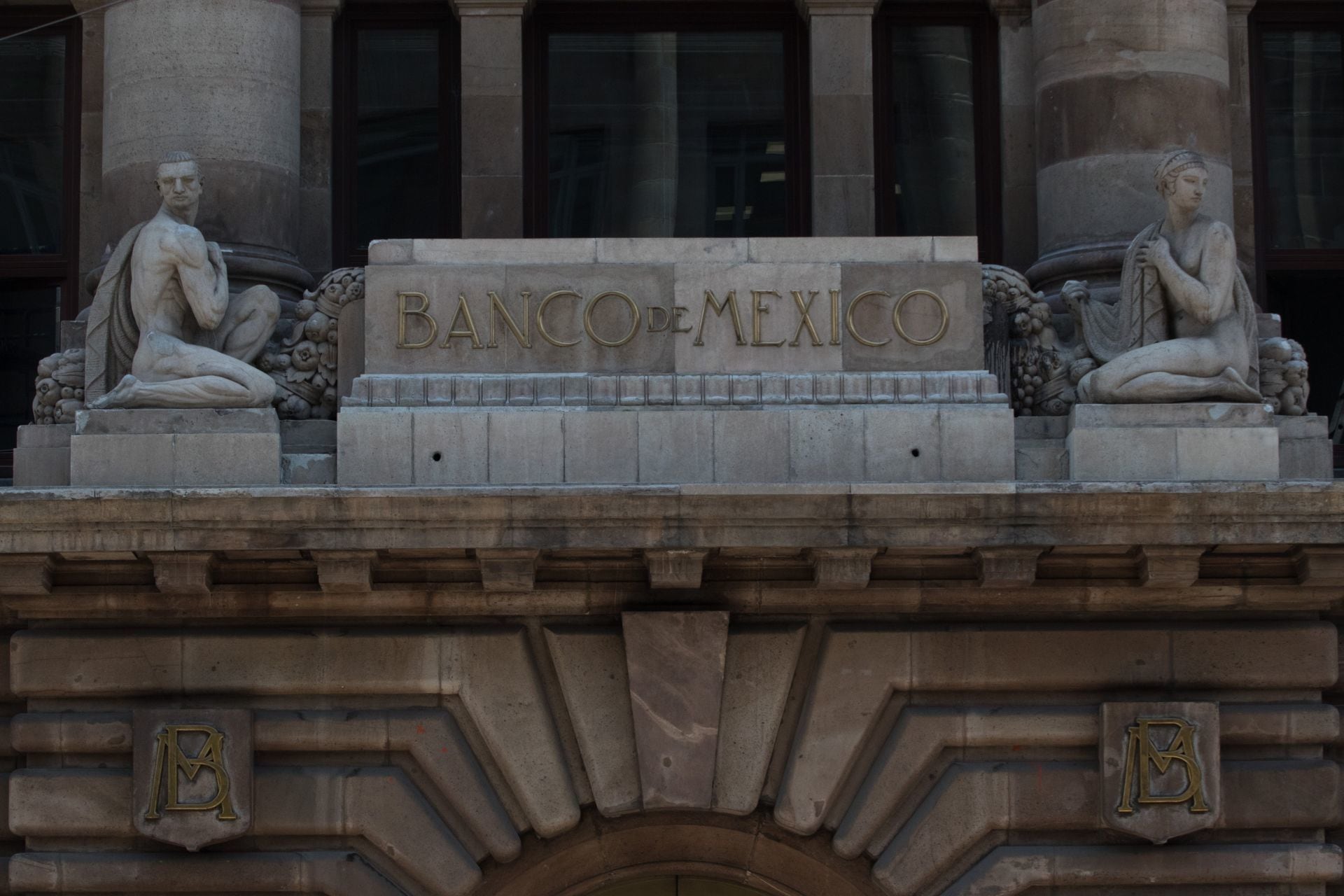You are here: Home/ News/ Solana’s State Compression: Revolutionizing On-Chain Storage For Web3 Experiences

Solana, the layer-1 blockchain platform, has introduced a new solution that is expected to reduce the cost of on-chain storage significantly. The platform is known for its speed, low gas fees, and minimal environmental impact, making it the ideal choice for building Web3 experiences at scale.
1/ Solana’s low fees have made it an industry leader. But thanks to a recent innovation from teams across the ecosystem, it’s about to cost even less.
Introducing state compression, a new way to store data on Solana that lowers cost significantly. https://t.co/0baMJ0vOn1
— Solana (@solana) April 6, 2023
With the introduction of state compression, a new method of storing data on-chain, the cost of building user-first Web3 projects is set to decrease dramatically.
The network has introduced state compression for NFTs, reducing the cost of minting by 2,400-24,000x. The technique uses Merkle trees to store data on-chain, cutting storage costs while maintaining security.

State Compression: How it Works & Who’s Using It On Solana
Several teams within the Solana ecosystem are already using state compression to power large, user-friendly experiences. Blockchain-based messaging service Dialect uses state compression to cover the minting cost of compressed NFTs for thousands of users.
Crossmint, an NFT and API tooling company, uses state compression to create integrations that enhance customer loyalty for companies worldwide. Other projects such as Helium, DRiP, and Wordcel also use state compression to bring scalable, user-first experiences to the network.
Even though state compression has the ability to hold all sorts of data on-chain, its primary use currently lies in compressed NFTs. These NFTs are similar to the regular ones but cost considerably less. Storing 100 million compressed NFTs on-chain costs approximately ◎50, whereas uncompressed NFTs require ◎1.2mm.
The cost of an NFT on Solana has significantly decreased, as every newly created compressed NFT is essentially a modification of a pre-existing tree. It is due to the implementation of state compression, a cutting-edge technology that leverages Merkle trees.
Developers can use this data structure, which is friendly to compression, to store a small amount of data on the Solana ledger and update it directly. This approach reduces data storage costs while still benefiting from the security and decentralization of its base layer.
The technology was built by developers at Solana Labs and Metaplex and is powered by RPC providers and indexers Helius, Triton, and SimpleHash, with support from Solflare, Phantom, and the Solana Foundation.
Nevertheless, with the introduction of state compression, Solana has once again demonstrated its commitment to being the best place to build scalable, user-first Web3 products.
Related Reading | Peter Schiff Takes A Dig At Bitcoin, Citing ChatGPT’s Investment Advice
Note: This article have been indexed to our site. We do not claim legitimacy, ownership or copyright of any of the content above. To see the article at original source Click Here














